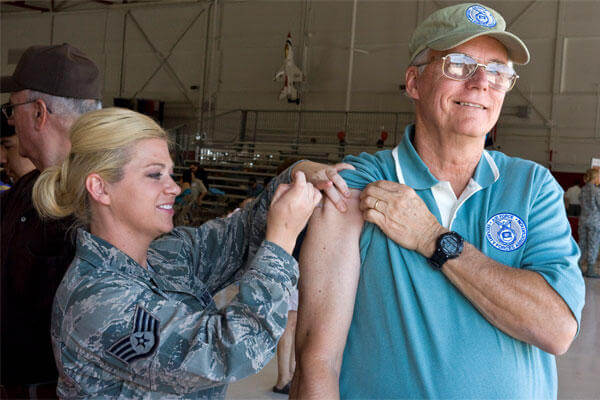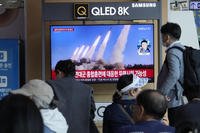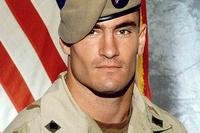Veteran service organizations pushed back against a recent defense panel's recommendation that the Defense Department make the military retirement system look more like private sector plans.
"The American Legion's position is that we oppose any changes to the current military retirement system because we believe if there are changes, such as those [that have been] proposed, it would negatively impact incentives for enlistees," said Joe Grassi, deputy director for the Legion's National Security Division.
The Legion is aware that times are tight, Grassi said, but "the Legion believes the budget shouldn't be balanced on the backs of people who make sacrifices for this country."
The Defense Business Board made a similar pitch two years ago that military retirement should be more like a 401(K), with contributions by the servicemember. It was refloated by the Defense Advisory Committee of The Stimson Center, a bipartisan Washington think tank.
The Defense Advisory Committee's 37-page report did not say if it endorsed all of the particulars in the original Defense Business Board's recommendations. For example, the Defense Business Board's plan would require retirees to wait until age 60 or 65 to begin drawing retirement pay.
Both reports recommend that retirees pay higher premiums for TRICARE. However, the Defense Advisory Committee noted that military retirees and their dependents currently "pay only a fraction of what their civilian counterparts pay." The low premiums provide incentives for non-essential medical care that overloads the system, according to the report.
The 17-member DAC, in its report, cited a Bloomberg Government analysis of the Defense Business Board's retirement recommendation that claimed implementing some variation of the proposal would save $700 million in the first year, close to $2 billion in fiscal 2015, and then grow to $7 billion annually by 2020.
The board's proposal to raise retiree premiums, including increasing means-tested beneficiary cost sharing requirements for "TRICARE for Life," would save about $5 billion by fiscal 2015 and continue to grow after that, according to the report.
The advisory committee is made up of 17 members including two former vice chairmen of the Joint Chiefs of Staff, a former Air Force chief of staff and former chief of naval operations. It also includes former executives from defense industries.
"With the budget contracting, the military retirement system must be reformed," the Defense Advisory Committee report states.
The committee, like the Defense Business Board before it, noted that under the current system servicemembers may put in 10 and 15 years or more but get nothing for retirement if they leave before 20.
By adopting a plan more like civilian retirement packages a servicemember leaving before 20 years would still get something for the time he or she has put in.
However, veterans service organization officials said the military is not like the private sector, and the kind of changes recommended by the Defense Business Board and now the Defense Advisory Committee would actually cause harm to the all-volunteer force that the U.S. has come to depend on.
Joe Davis, national spokesman for the Veterans of Foreign Wars, said retirement, including low-cost healthcare for the member and spouse that comes with it, are "the only two carrots the Defense Department can offer to first get someone to volunteer 20, 30 or 40 years of their [life] to the nation."
"To earn it, however, also requires moving a dozen or more times, uprooting children from multiple schools, preventing spouses from any semblance of a career, and zero equity in homeownership," he said. "Add in multiple family separations, dangerous deployments, the threat of age discrimination when starting a second career, and now having to listen to so-called think tanks continue to compare military service to civilians is insulting to the long-time service and sacrifice of all military retirees."





























